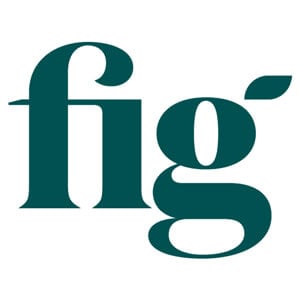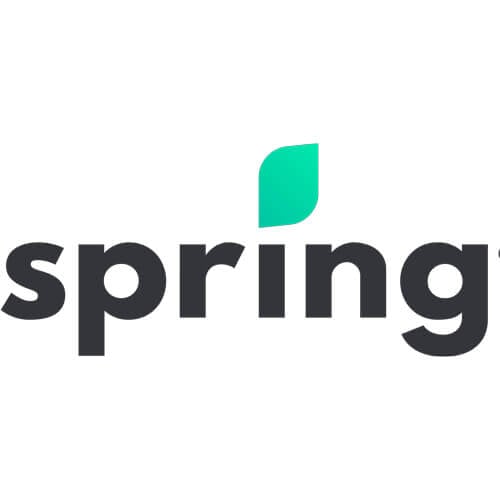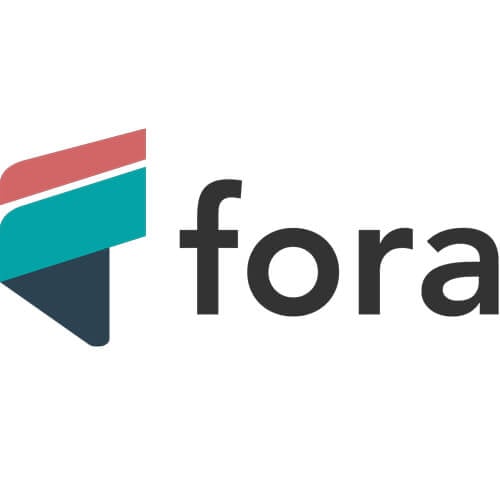What happens to your debt when you die

Created By
Credit Canada
If you die with debt in Canada, do your spouse or kids inherit the debt? Read on if you owe money and want to know what happens to unpaid bills and loans.
Advertisement

Created By
Credit Canada
If you die with debt in Canada, do your spouse or kids inherit the debt? Read on if you owe money and want to know what happens to unpaid bills and loans.

I carry a lot of credit card debt and haven’t made a dent in my mortgage. I’m in my 60s, and I’m starting to think about next steps for my family. After I die, will my family inherit my debt?
—Terry
Thanks for your question, Terry. You’re definitely not alone in worrying about how your loved ones will be affected if you die with outstanding loans or while carrying a balance on your credit card.
We’ll walk through exactly what happens to your debts when you die, including credit card debt, mortgages and co-borrowed debt. Then we’ll explore ways to mitigate the burden these debts might have on you and your family.
Is debt passed on to family members like real estate or heirlooms? The answer depends on a few factors, like the amount of debt you have, who’s listed on the accounts, and your insurance coverage.
After death, debts generally fall to the estate. If you have a will, your executor will create an inventory of your assets (cash, investments, real estate, etc.) and your liabilities (credit card debt, outstanding bills, taxes owing, loans, mortgage, etc.).
In under 60 seconds, get matched with a personalized list of loan providers based on your needs and approval likelihood. No SIN required.
If you don’t have a will, the Ontario Succession Law Reform Act (and similar laws in other provinces and territories) lays out a general inheritance plan for your estate. Sometimes, a court will appoint an estate trustee to take on the role of executor through the Certificate of Appointment, providing them with the authority to manage and distribute the estate.
Terry, if you don’t have a will, I highly recommend taking the time to create one. By documenting your wishes and assigning an executor, you can save your family a lot of work when you pass.
With or without a will, your debts must be repaid before your estate’s assets and holdings can be distributed to your beneficiaries.
If your estate has cash in bank accounts, creditors can come after what you owe them. Any assets under your estate, including property, vehicles, investments and heirlooms, are also fair game for a creditor to claim. Your executor has a responsibility to settle your debts before dispersing inheritances to beneficiaries.
But what happens when you have debt and you don’t have cash or assets when you die? Most of the time, creditors will have no opportunity to collect. They can only go after family members in specific circumstances, which we’ll cover below.
Let’s look at different debt scenarios and how they play out upon death.
If you’re planning to leave your house to your kids, have you considered what would happen to the remaining balance on your mortgage?
If you paid for mortgage protection insurance (not to be confused with mortgage loan insurance), it might cover the balance. However, if you don’t have mortgage insurance and your beneficiary’s name goes on the property title, they become responsible for the rest of the loan.
From there, your beneficiary might elect to continue making payments and keep the property. Or, they can choose to maintain payments just long enough to sell the home.
Now, what if you have a joint mortgage with your spouse? In this case, your spouse would be responsible for the mortgage after your death.
Both these scenarios assume someone is around to take over your mortgage, whether it’s your co-applicant or your beneficiary. Still, some estates are left with properties without co-applicants or beneficiaries to take them over. If the property still has a mortgage and payments aren’t made, that leads to a mortgage default, and the lender will repossess the property.
Credit card debt and other unsecured arrears cannot be passed down to your kids or partner. Phew. But that’s only true for credit card accounts solely under your name. If the credit card is jointly held with a family member (adult child, spouse, sibling, etc.), they’ll inherit that responsibility—even if they didn’t spend the money. Authorized users aren’t likely to inherit debt, as they’re not considered the primary cardholder and are not considered legally responsible for the debt.
Can credit card companies come after your estate for an unpaid balance? It depends on whether your estate has anything to offer. If your estate has assets and cash, creditors can make a claim. While the credit card debt may not be your family’s responsibility, it can certainly affect their inheritance.
If you die without any assets or enough savings to pay off your credit card debt, then the debt dies with you. If the debt is secured, like in the case of a car loan or a home equity line of credit (HELOC), the creditor might repossess the collateral if the estate doesn’t have enough capital to repay the loan. This could be done in consultation with either the executor or the courts, if the debt is disputed.
To figure out what happens to most types of debt, ask yourself whether there’s a co-borrower and whether your estate has any savings or assets. Those factors decide whether a debt dies with you, is inherited by someone else, or gets recovered by your creditor.
The good news: Your family wouldn’t be on the hook for your debts unless they co-borrowed them with you. The bad news: Creditors can eat up some of your beneficiaries’ inheritance.
The death of a loved one is a challenging time. While the emotional burden is felt for years afterwards, proper estate planning, debt relief planning and credit counselling can mitigate a family’s financial stress.
Here are some ways to achieve that:
Certain types of insurance can help cover debts upon death. Mortgage insurance, also called mortgage protection insurance or mortgage life insurance, will cover the balance of your mortgage if you die. Then, your heir would receive the property and HELOC without having to worry about mortgage payments or forfeiting equity in the home.
Similarly, you can purchase life insurance to cover outstanding debt like mortgages, lines of credit and credit card debt. This helps keep more money in your estate for your beneficiaries and mitigates the risk of debt eating into inheritances.

Apply for a personal loan with a 8.99% to 29.49% APR. Plus, 100% online application and no early repayment fees.

Apply for a personal loan with a 9.99% to 35.00% APR. Plus, fast e-transfers and no hit to your credit score when you apply.

Apply for a personal loan with a 19.90% to 34.90% APR. Plus, fast funding (as soon as the same business day). Not available in Quebec, PEI, Manitoba, Newfoundland and Labrador, Northwest Territories, Nunavut and Yukon.
Debt consolidation combines all of your existing unsecured debts into one loan. Oftentimes, this loan has a slightly lower interest rate and monthly payments than the original debts, making repayment more manageable for you without impacting your estate planning as severely. This leaves your estate in a better position for your beneficiaries.
Other benefits of debt consolidation: First, it makes debt repayment more convenient, allowing you to focus on one payment rather than several. Second, it’s negotiated to make the overall repayment amount slightly lower. This is also helpful to any co-borrowers if they inherit the debt.
One word of warning: Debt consolidation might hurt your credit—especially if you have a credit score under 670. Here are some considerations that may make consolidation worth the initial impact on your credit score:
Terry, debt repayment is difficult for many Canadians, but it doesn’t have to stop you from meeting your estate planning goals. You have a few options to explore, and it’s great that you’re considering your family’s financial well-being in the process.
Terry, if you need guidance and support with budgeting, debt repayment or any other credit inquiries, Credit Canada offers free credit counselling services from certified credit counsellors to support you through various debt-relief channels.
This article was written by Doris Asiedu, a certified Credit Counsellor and Financial Coach with Credit Canada, Canada’s first and longest-standing credit counselling agency. For more than 50 years, Credit Canada has been helping Canadians get out of debt and back into life through financial education and debt resolution. As a national, non-profit organization, Credit Canada has helped thousands become debt-free and achieve financial wellness. If you are struggling with debt, you can contact Credit Canada for free credit counselling services.
Share this article Share on Facebook Share on Twitter Share on Linkedin Share on Reddit Share on Email
During COVID people saved a lot of money. Now they are overspending. It leads to believe that people are overspending on wants and not needs.